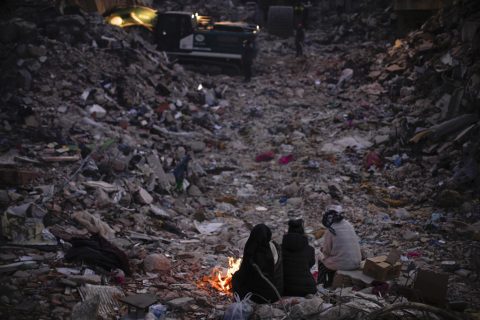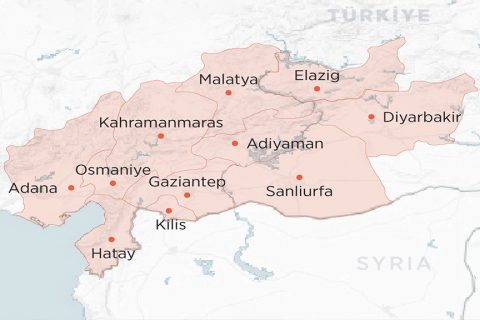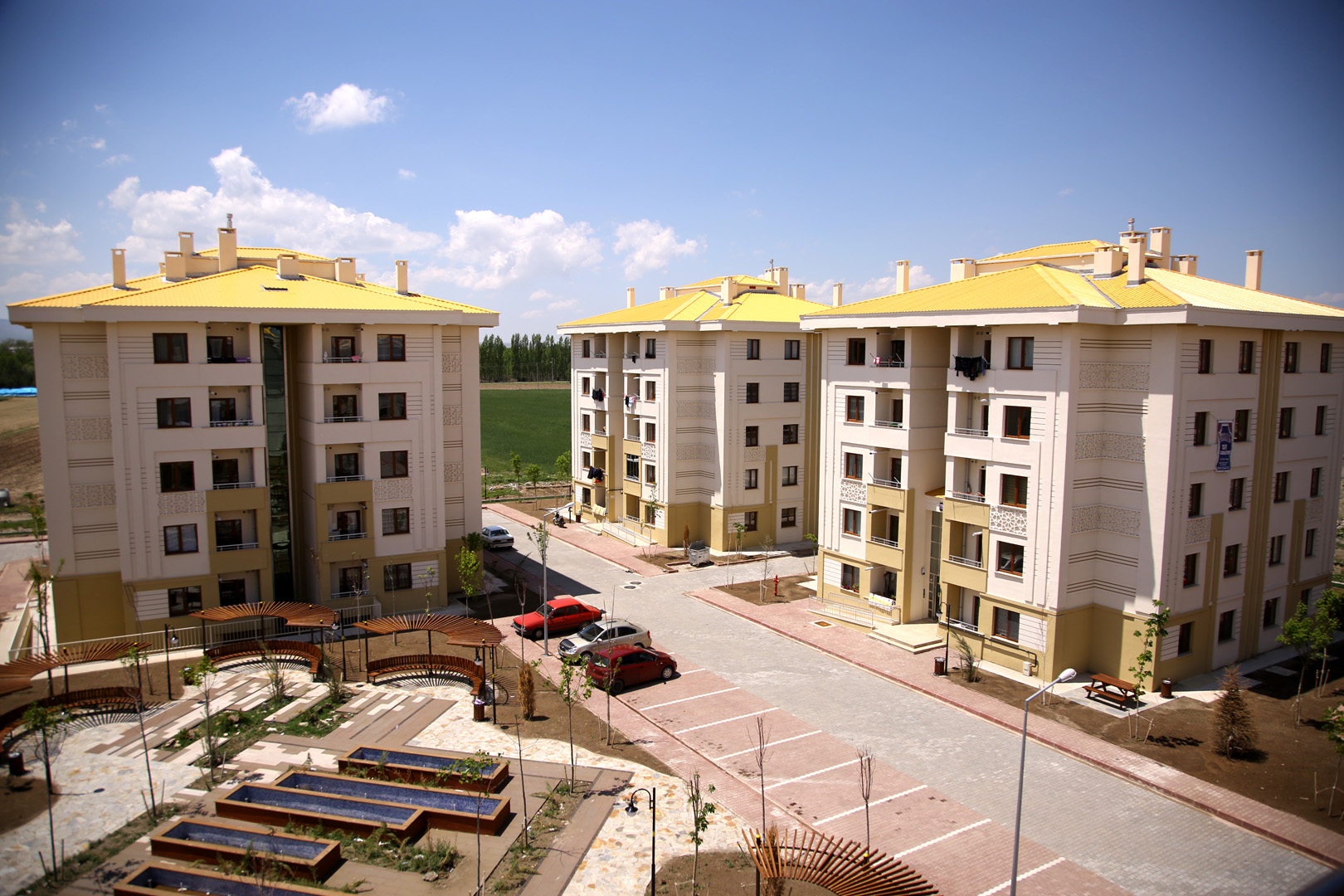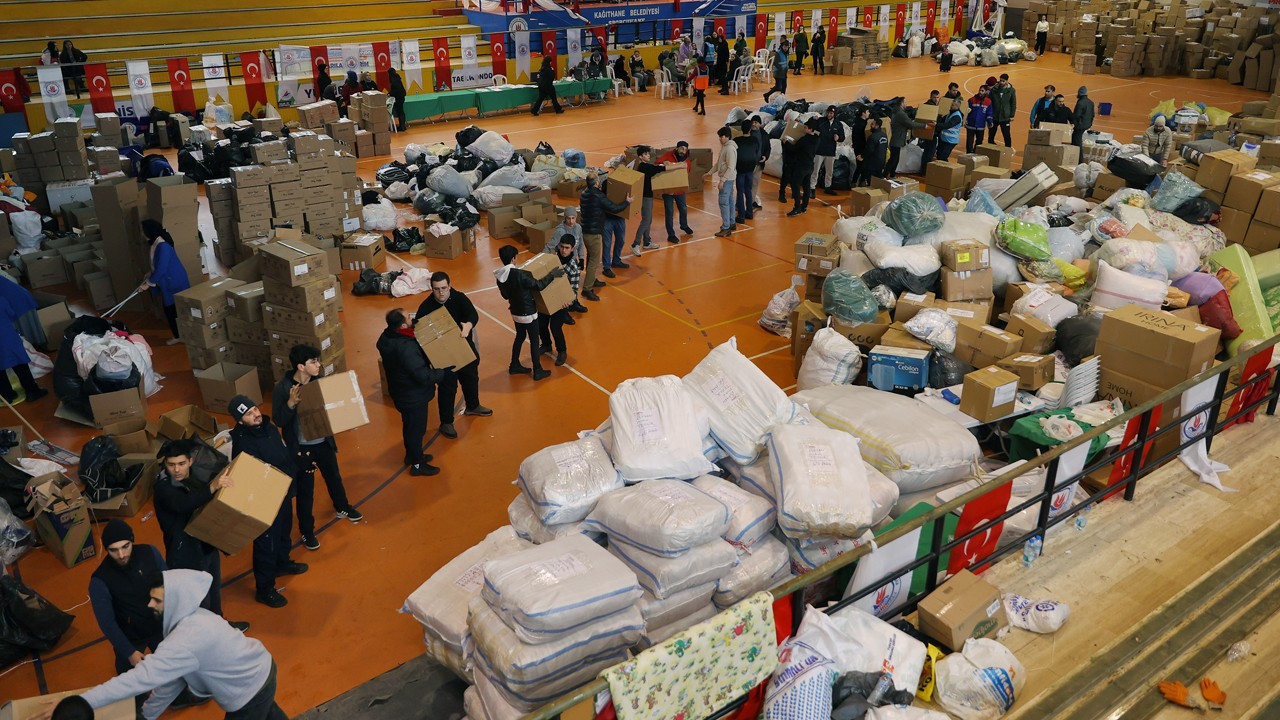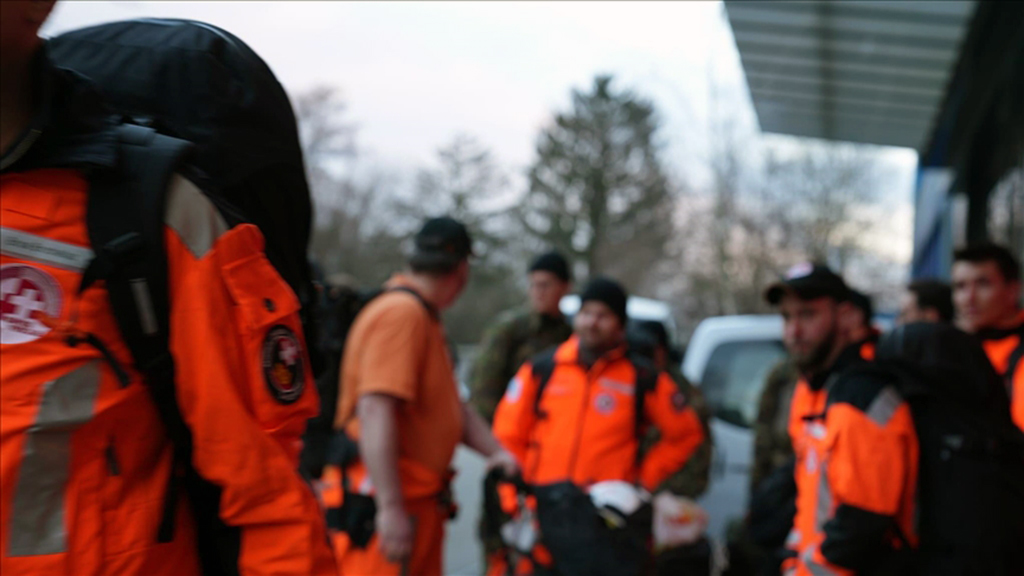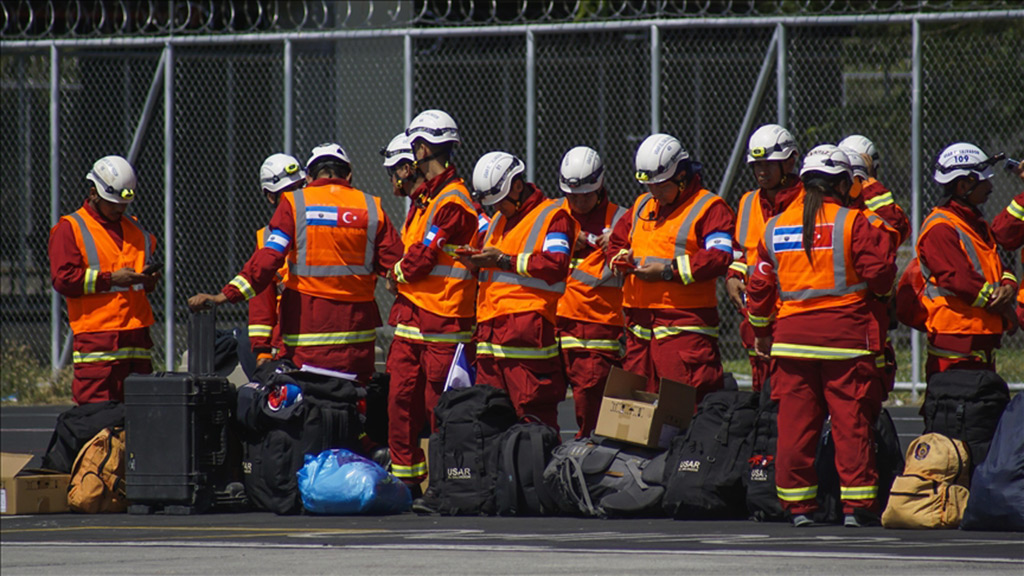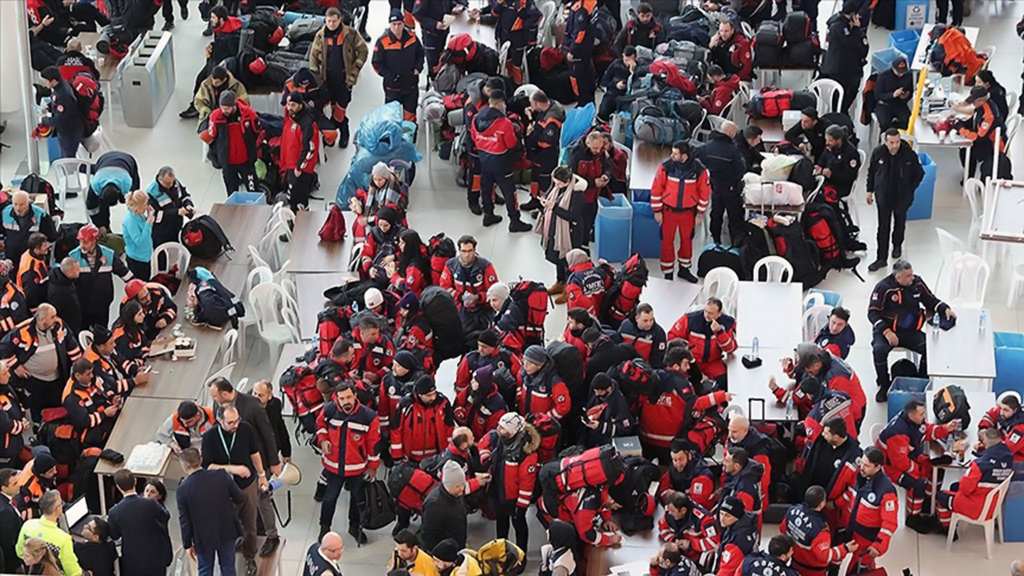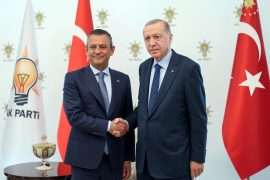Earthquake

Türkiye’s Opposition Supporters Insult Earthquake Victims After May 14 Elections
| OpinionAfter the May 14 elections in Turkey, disturbing comments emerged on social media platforms aimed …
-
Opinion
Türkiye’s Opposition Supporters Insult Earthquake Victims After May 14 Elections
By Politics TodayAfter the May 14 elections in Turkey, disturbing comments emerged on social media platforms aimed at earthquake survivors. How earthquake survivors would affect the election outcome had been heavily speculated, and many had criticized the government for the way it handled the disaster. Foreign and domestic opposition media alike considered that the earthquake would shake support for incumbent president Recep Tayyip Erdoğan in the earthquake-hit provinces, yet the results of the election proved otherwise. This prompted supporters of the opposition to share hateful remarks towards the earthquake victims who voted for Erdoğan. Such actions were condemned by government officials and investigated by the police.
-
Opinion
How to finance post-quake reconstruction in Türkiye?
By Bilal BağışIn particular, earthquake-resilient housing retrofitting or reconstruction needs massive additional funding schemes, as public or individual funding mechanisms could never be sufficient. In addition, millions of private properties or residential buildings built before 2000 require urgent strengthening or rebuilding.
-
Opinion
The Earthquake and High Politics
By Burhanettin DuranIn the wake of the most recent earthquakes, it was important for government agencies to launch search and rescue efforts without delay. As expected, Cabinet ministers personally oversaw relief efforts in earthquake-stricken provinces. It was also important for politicians to express solidarity at that difficult time. After all, the effectiveness of government agencies in crisis management is an achievement for which the entire country would take credit.
Bu Konuda Daha Fazla
-
Post-Disaster Reconstruction and New Urbanization Efforts
By Murat KurumWe will implement all principles of modern urbanization in resilient, smart, and climate-friendly cities. The survivors have lost their relatives and loved ones. They suffer a great deal and we suffer with them. We will heal their wounds. We will build new homes for them as quickly as possible to alleviate their pain to some extent.
-
Sense of Unity and Politics after the Earthquake
By Nebi Mişthe Kahramanmaraş earthquakes will be at the top of Türkiye’s political agenda ahead of the 2023 elections. On the campaign trail, voters will closely monitor each party’s vision for relief efforts, comparing the government’s proven crisis management skills with the opposition’s potential performance. Right now, the electorate can make that comparison.
-
Will the Earthquakes Lead to Change in Foreign Policy?
By Muhittin AtamanIt is necessary to uphold the sense of solidarity, which emerged among states after the earthquakes. Last but not least, one would hope that the humane way of thinking can triumph over the idea of interest and exploitation in international relations. This is a time to focus on moral values and solidarity – not realpolitik.
-
Türkiye’s Call for International Assistance and the International Community’s...
By Yücel Acer By Deniz OkumuşNatural disasters, wars, and economic collapse tend to seriously undermine social order and make it impossible to address even people’s most basic needs. During such periods, it becomes difficult for communities to feed themselves, find shelter, receive medical attention, relocate, and communicate with others. Individuals and communities have provided emergency assistance to such individuals, without expecting anything in return, to address basic needs like food, shelter, and medical treatment throughout history.
-
Disaster Management Cooperation Bolstered by Civil Society and Volunteering
By Cenay BabaoğluThere is no doubt that the Turkish Red Crescent remains a prioritized civilian entity due to its historical origins, institutional past, and capacity, but it cannot represent the entire civilian domain by itself in this day and age. As such, a mechanism for disaster management should be put in place that ensures the readiness of all official and civilian resources and the effective use of those resources for a rapid response.

